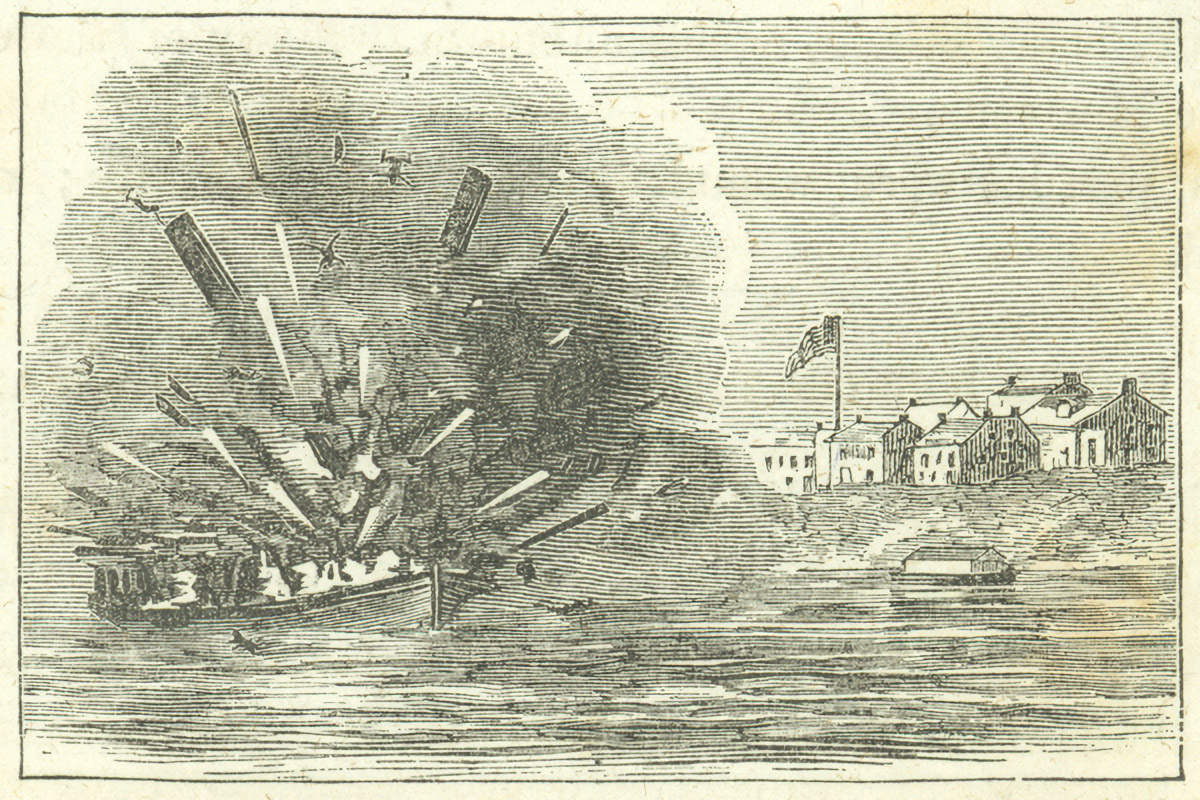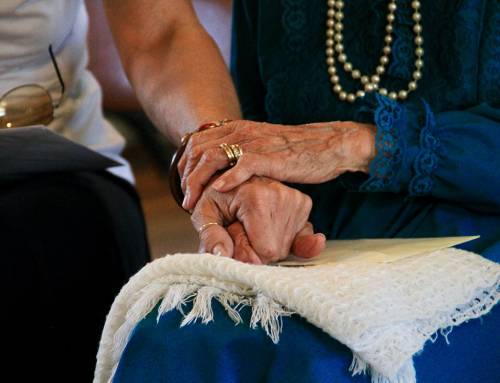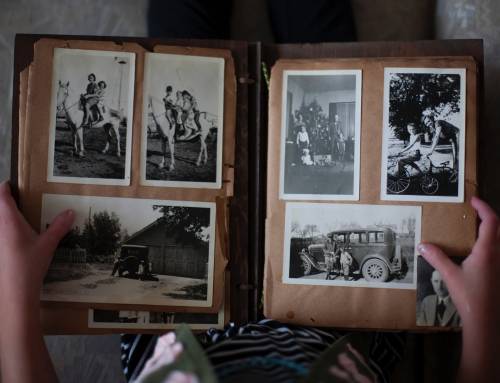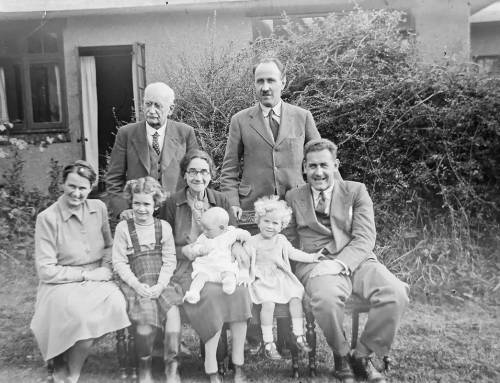Family history can be really fun. But if you’re like me, it can also be very intimidating and frustrating. First of all, there’s the name “Genealogy.” I’m finally to the point where I don’t have to look it up just to spell it (I always wonder if there’s an “o” or an “a” right before the “l”).
The fun part is learning about my heritage. Knowing where my ancestors came from is interesting as I think about what they could have been going through during major historic events of the time.
But my favorite part is reading an ancestor’s history. I love thinking about their thoughts and feelings during key successes or what emotions they were experiencing as they went through extremely difficult times.
For example, my ancestor David Ross was part of the westward pioneer movement in the middle of the 19 century. He filled the role of travel agent for hundreds of people making the trek. David and another man, Eli Kelsey, chartered a cheap, dilapidated steamer in April 1852, the Saluda, to carry 90 of their passengers (mostly from Great Britain) on the Missouri River to Council Bluffs, IA.
After several failed attempts at rounding a tight bend in the river near Lexington, MO, Captain Belt, a stubborn part-owner of the steamer, ignorantly insisted on one final attempt. He started building up steam for his final push when the boilers went dry. As cold water was pumped into the red hot boilers, they exploded. Of the total 175 passengers on the steamer, only 40-50 survived.
David was thrown into the middle of the river and eventually pulled to shore. After two months of recovery he continued his journey westward with his wife and two daughters.
As I read this experience, I can only imagine the intense emotions David felt when he first realized what happened. Lying there on the river shore, I’m sure he immediately felt concern for his own family. Then, soon after, concern for the families he was helping. As time passed, I imagine there was guilt for chartering the boat and a million “what if” scenarios that went through his mind. How did he overcome this?
There are many other stories in my family history. I love reading all of them.
However, it also makes me wonder about all my ancestors I know nothing about. The frustrating part of family history is hitting roadblocks. Some people didn’t keep journals or the journals got lost or destroyed. Some were very private so there are only second-hand accounts of their experiences, if any. Little to no information makes it nearly impossible to learn about the individual as well as find links to other related ancestors. And it’s where I frequently get lost.
But there’s something I can do to help. I can leave a rich history for my descendants.
Developing a complete personal history is a critical component of family history work. When we’re young and invincible, it can be tough to think about recording our history. As we grow older and feel more vulnerable, thoughts of our legacy start to become more real. The sooner we start recording our personal history, the more complete it can become – and the more our family down the line can connect with our life.
A few things are guaranteed in life: taxes, death, and running into dead-ends when working on family history. Working on my personal history allows me to continue being involved, provides a fun reprieve from the trauma of the dead-end, and provides valuable information for future generations to enjoy.




